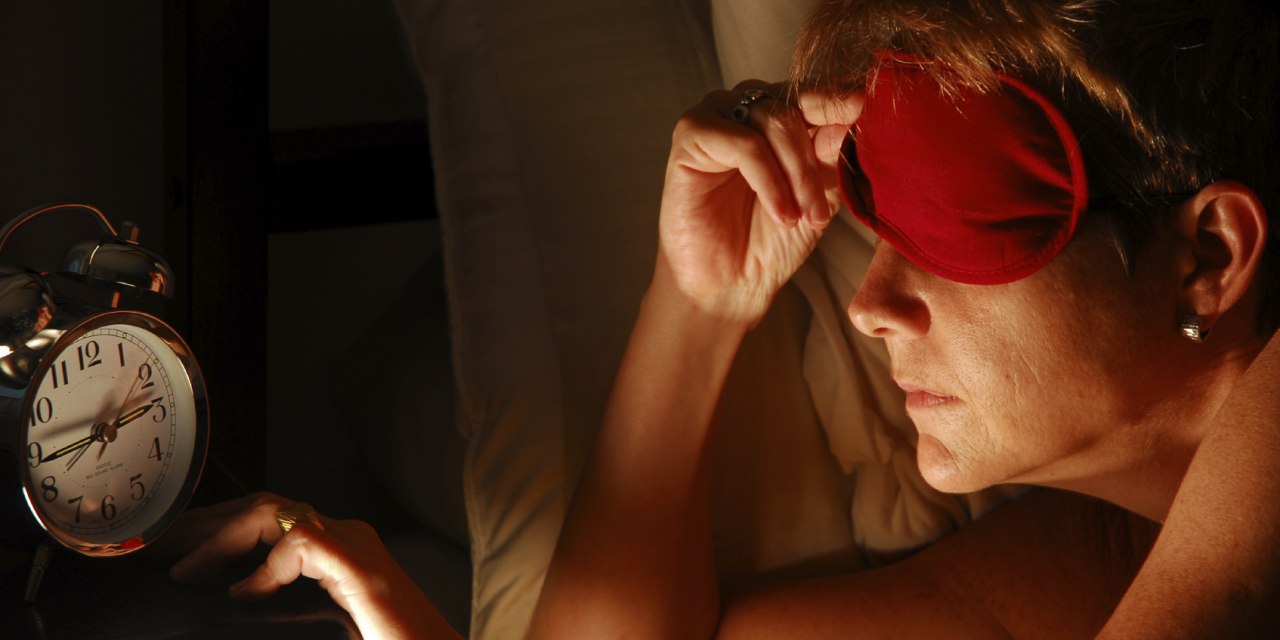I came across a most helpful article in The Washington Post, written by a clinical psychologist who specializes in the treatment of sleep disorders. Ordinarily Post features are behind a paywall, subscribers only, but it appears the editors have made this particular article generally available as part of a Wellness series. Good for them.
If you have sleep problems, or are involved with someone who does, it’s definitely worth a look.
How to safely wean yourself off sleeping pills
Problems sleeping are a frequent complaint of folks in recovery from substance use and co-occurring disorders. The use of, and dependence on, sleeping pills often began early in adulthood, and continued through active addiction. It now threatens to persist long after other forms of substance dependence have come to an end.
To be clear, insomnia and disrupted sleep are a common post-acute complication of substance use. It doesn’t much matter whether the primary addiction was to a depressant or a stimulant or some combination of both – sleep difficulties often persist well into recovery. And turning to sleep meds, the prescribed kind or something else, can be a continuing temptation.
The author lists the reasons her patients give for wanting to end dependence on sleeping pills. That includes the two I’ve heard most often:
- A physician or prescriber is worried about the patient overusing sleeping medication, and has advised the patient that something has to change; and
- The patient feels the medication has lost its effectiveness, and would prefer to stop, but fears withdrawal.
That second reason is common among people in recovery because they, unlike many others, have direct experience of withdrawal and are more likely to recognize the signs and symptoms. And to fear them.
It’s also common for patients to attempt to reduce the dose or stop on their own, without success. That’s why they seek outside help.
The article discusses the best and safest ways to overcome the obstacles and eventually restore stable sleep patterns. As with opioids, success appears most likely through medically supervised taper. Ordinarily a sleep specialist is involved, but if you’re in recovery from other substance problems, you might consider seeking out a supervising clinician who is also experienced in addiction treatment and recovery.
That’s because of the risk of relapse to old behavior during a period of stress, which this is.
Best to be prepared, and seek out the help that’s available.













